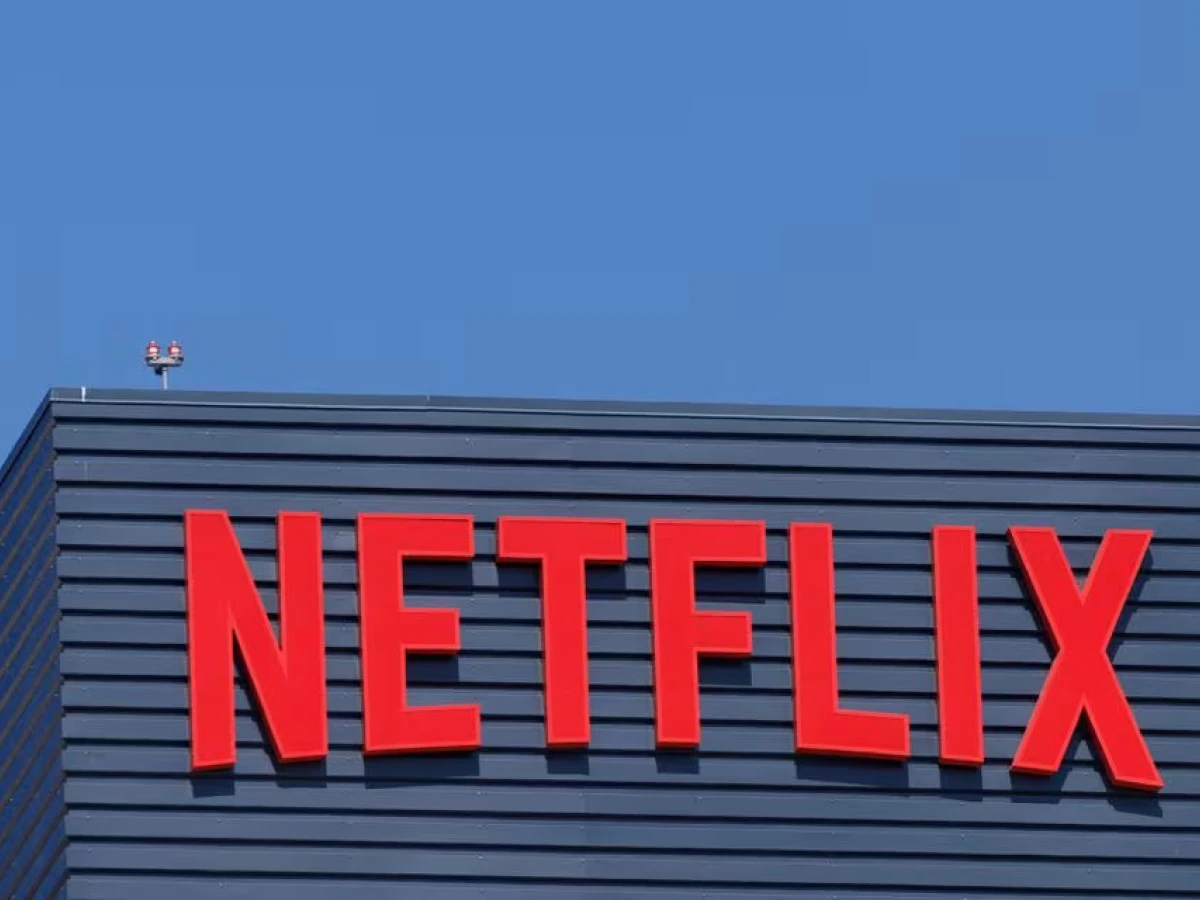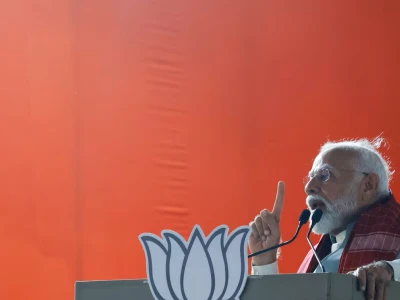
Netflix removes Indian film with meat-eating scene after Hindu backlash
Solanki said he had filed a complaint to Mumbai's police about the film, listing several scenes which he said were offensive to Hindus.
MUMBAI, Jan 11 (Reuters) - Netflix has removed an Indian language film from its platform after the movie faced a backlash on social media for depicting the daughter of a Hindu priest eating meat.
Hindus are India's largest religious grouping and Hindu priests, as well as their families, are typically vegetarian.
"Annapoorani - The Goddess of Food", a Tamil-language film that was released in theatres in December and aired on Netflix later the same month, was no longer available on the international streaming platform as of Thursday.
Netflix representatives in India did not immediately respond to a request for comment.
On Wednesday, protesters from the Vishwa Hindu Parishad (VHP), a hardline Hindu organisation with ties to Prime Minister Narendra Modi's Bharatiya Janata Party, shouted slogans against Netflix and the movie at the company's Mumbai office, according to a post on X by VHP spokesperson Shriraj Nair.
The film depicts the daughter of a Hindu temple priest in the southern Indian state of Tamil Nadu eating meat and later entering a high-stakes cooking contest, where she cooks meat.
"This film ... is intentionally released to hurt Hindu sentiments," Ramesh Solanki, who described himself as the head of an organisation called "Hindu IT Cell," said on X, formerly known as Twitter.
Solanki said he had filed a complaint to Mumbai's police about the film, listing several scenes which he said were offensive to Hindus.
Netflix and rivals like Amazon and Disney have often been at the receiving end of criticism from hardline religious groups in India, one of the world's biggest streaming markets.
In 2021, Amazon offered a rare apology for some scenes in its series "Tandav", which faced court cases and complaints that it offended Hindus.
Netflix and Amazon have become hugely popular in India, which is set to grow into a $7 billion market for the sector by 2027, according to Media Partners Asia.




